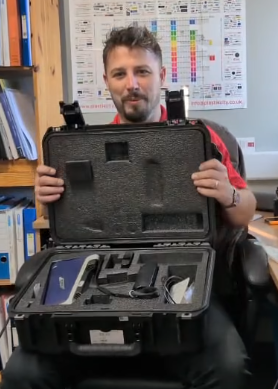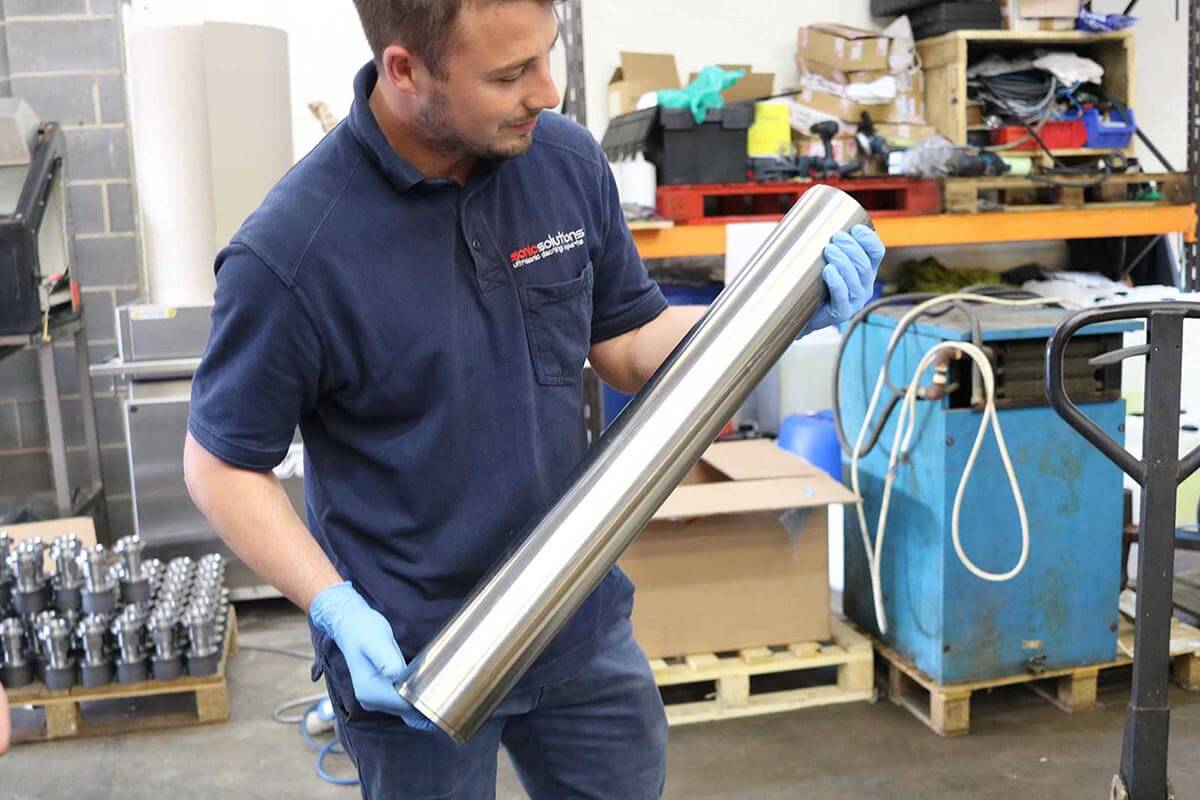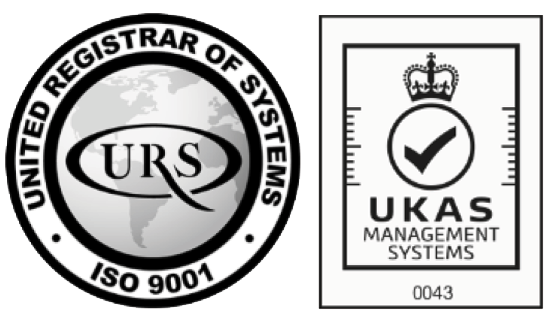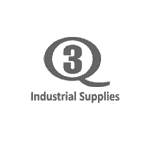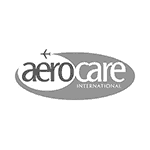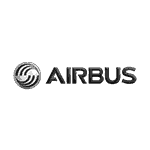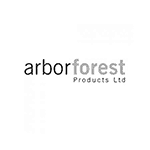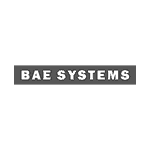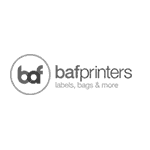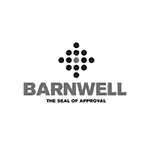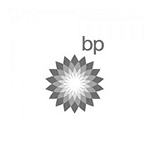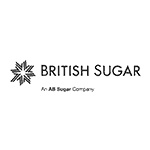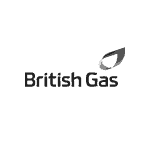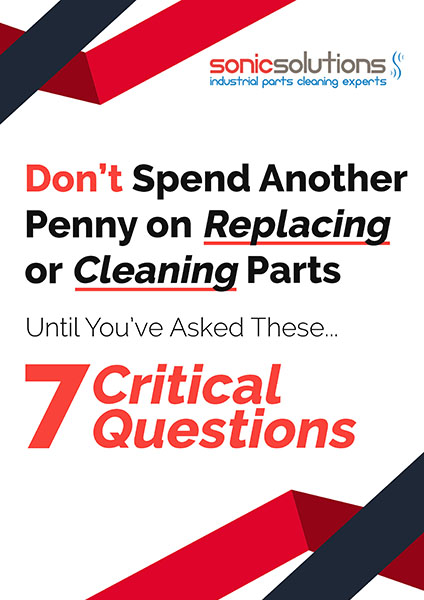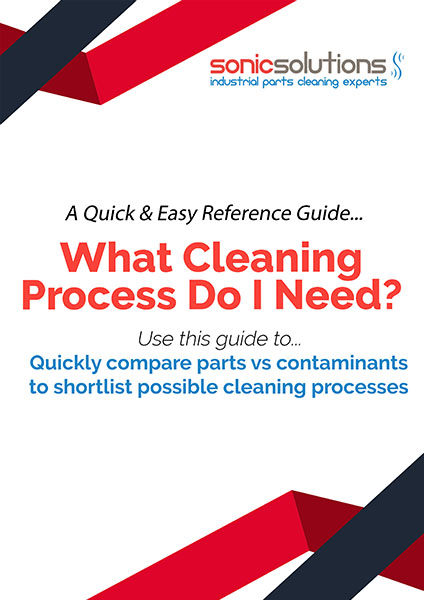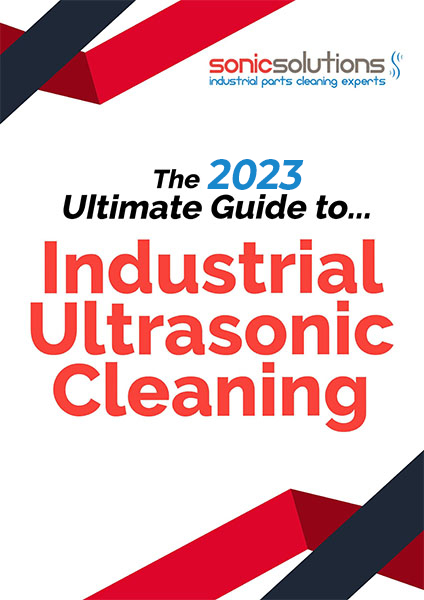How much does ultrasonic cleaning cost?
For friendly & knowledgable help contact us on:
01924 495 975 hello@sonicsolutionsltd.com Open Contact Form

We’re based in Yorkshire and the cry “ ’Ow much ?!” is a common response to quoting a price so we are used to explaining where our prices come from. However, we’ve never thought to explain our pricing in public before.
Yes, every part is different, just like cars, so prices do vary. However, the following factors are the major variables influencing the price of an ultrasonic cleaning job.
Firstly the item itself;
- Size – small items require smaller ultrasonic baths which reduces cost ;
- Geometry of the part – complex surfaces and interiors require more bespoke cleaning occupying more machine and labour time.
- Weight of the item – larger items are harder to handle and usually bigger so occupy more time and usually more space in a tank.
- Complexity of the cleaning process – some items require a simple clean and rinse. Others require a more complex and labour intensive series of cleaning, rinsing, drying and packing.
- Quantities – your cleaning setup of an ultrasonic bath is really the same whether it’s 1 item or 101 items you’re cleaning.
- Contamination – the type of contamination, whether it’s light or heavy contaminant all has an influence on how quickly something will clean.
- Drying – some parts are very easy to dry whilst other parts like plastics with lots of complex geometry are far harder and so take more time.
- Frequency of cleaning – this has 2 influences. Just as with volume discounts, the more frequently a customer sends parts to clean the better price you can give, and also the more frequently parts are cleaned the lighter contaminant present and easier to clean.
- Level of cleanliness required – Precision engineered parts used in high tech, high spec industries do require a very high level of cleanliness which ties in with the number of cleaning operations that may be required.
Secondly, the cleaning process itself
The unpacking, washing, rinsing, drying and repacking that is the basic series of operations within the cleaning process has 4 main cost constituents
- The machinery which usually costs thousands of pounds.
- Labour which generally costs hundreds of pounds.
- Ultrasonic cleaning chemicals which normally cost up to £100 or £200.
- The overheads of the cleaning site which have to be covered.
We normally like to split the cost between a setup charge and a unit cost, to accommodate varying quantities that may be sent. As a rough guide we would normally try and recover around £500 per day of 1-man/1-machine/1-chemical.
Examples of the costs of cleaning various common parts may prove helpful, so here goes!
- Filters – from £25 to £500 depending on size, part complexity, and cleanliness spec levels;
- Print Rollers – from £40 to £400 depending upon size;
- Precision engineered parts – from £5 to £100 depending upon size, weight, cleanliness spec, quantity and complexity of the cleaning process & packaging.
- Auto parts – from £50 to £500 depending upon size, contamination levels, and quantity
- PCB boards – from £30 to £50 depending upon quantity.
- Small plastic/metal items – usually pennies to low pounds, almost totally dependent on the level of contamination and volume.
This is a rough guide, but hopefully gives some indication of where we get our prices from. We don’t just conjure them from thin air. We always try and make it work for the customer, but sometimes it won’t. Usually, when it doesn’t work it is because people have unrealistic expectations of what the cleaning should cost. Hopefully this brief guide will give a few insights into what will influence the price you will pay for cleaning.
For a definitive answer just get in touch. We’ll often suggest a free trial clean to both prove the cleaning from your point of view, and assess the price we need to charge from our point of view. Call us today on 01924 495 975 or email hello@sonicsolutionsltd.com

